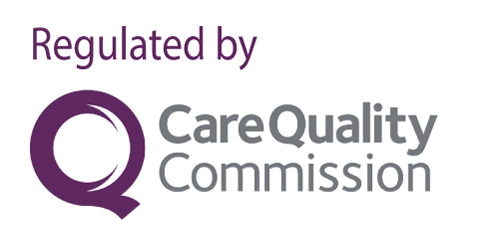Our screenings
Kidney Function
Kidney disease can affect the body's ability to clean the blood, filter extra water out of the blood, and control blood pressure. If the kidneys become damaged, waste products and fluids can build up in the body.
There are currently thought to be over three million people in the UK suffering from kidney disease and there is currently no cure.
In many cases, kidney damage occurs slowly over the course of many years. This is known as chronic kidney disease. However, it can also occur suddenly known as acute kidney injury.
During the early stages, there are usually very few symptoms of kidney disease, meaning it might only be diagnosed through blood or urine tests. However, once the kidney damage and disease reaches a more advanced stage, symptoms will start to appear, including:
- Swelling of the ankles
- Vomiting
- Weakness
- Poor sleep
- Shortness of breath
- Blood in the urine
If the condition is not treated appropriately, the damage can get worse, leading to potentially life-threatening kidney failure.
Causes of Kidney Disease
Kidney disease is often caused by other conditions that put more strain on the kidneys, such as:
- High blood pressure - This can put pressure on the small blood vessels in the kidneys and stop them working properly.
- Diabetes - High levels of glucose in the blood can damage the tiny filters found in the kidneys.
- High Cholesterol - High levels of cholesterol in the blood can cause fatty deposits to build up in the blood vessels that supply the kidneys, making it more difficult for them to function correctly.
- Kidney infections
- Kidney inflammation
- Polycystic kidney disease - This is inherited condition that causes cysts to develop in the kidneys.
- Blockages in the flow of urine - For example recurring kidney stones or an enlarged prostate.
- Long term use of certain medicines - Such as lithium and NSAIDs.
Screening Kidney Function
Blood tests are the main way to screen for kidney disease. Firstly, the levels of creatinine in the blood are measured. This measurement is then used to calculate how many millimetres of waster your kidneys can filter in a minute, taking into account age, gender, and ethnicity.
As there is a significant lack of symptoms during early stage kidney disease, it?s recommend that those at high risk are screened regularly. At risk people include those with:
- High blood pressure
- Diabetes
- Acute kidney injuries
- Cardiovascular disease
- Other conditions affecting the kidneys, such as kidney stones, an enlarged prostate, lupus.
- A family history of advanced kidney disease
- Protein or blood in the urine
If you require any further information about screening for kidney function, or to arrange a consultation, please get in touch. Our skilled and experienced team are always on hand to provide assistance.


